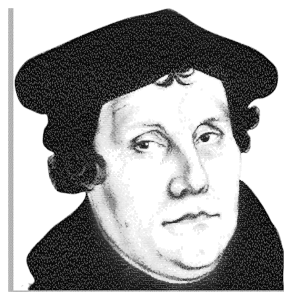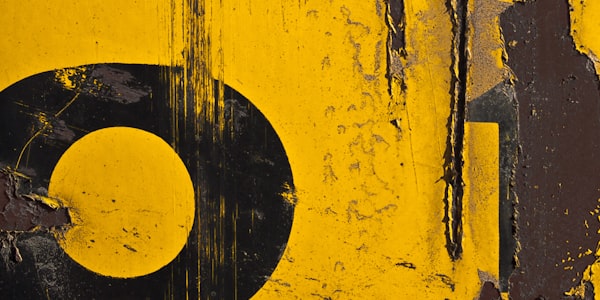While Martin Luther famously nailed his 95 objections to the medieval religious status quo to the church door at Wittenberg, if he’d had internet he would have surely blogged them. With SA wine competitions and tasting panels sacred monsters providing indulgences to rich believers, generating suffocating wafts of sanctimonious incense that obscure and interfere with the enjoyment of a simple glass of wine, the SA Wine Council has decided to discuss the whole issue of wine assessment “qualifications.” Herewith my ten Theses of Contention, for their inbox.

1. Aesthetic assessment is not something you can teach: exhibit A is Duncan Savage’s Sauvignon Blanc: five stars in Platter, one star in WINE magazine. Which is correct? (answer: both, dumkopff; it’s a question of style). There is no shortage of examples sloshing around the SA wine spittoon.
2. Published assessments have significant commercial weight and gullible consumers and restaurant owners may be misled by spurious tasting “qualifications” touted to make assessments more credible.
3. By slipstreaming on the reputation of established academic institutions, some “qualifications” can be easily misrepresented to participants who pay hefty fees to attend.
4. By slipstreaming on the reputation of established academic institutions, some “qualifications” can be easily misunderstood by consumers who may attach more weight to pronouncements by such “qualified” persons than they warrant.
5. At least one group issuing tasting “qualifications” owns wine competitions with an obvious conflict of interest present. Is it really appropriate for a magazine to be involved in awarding “qualifications” to tasters who are then used on its tasting panels with their “qualifications” quoted to support their opinion? Sounds like picking yourself up by your shoelaces.
6. Exactly what are the tasting “qualifications” of the course presenters? On the evidence of some recent tasting panels, the abilities of those who would teach others, is doubtful.
7. SA already has a Cape Wine Master program – does SA wine really need more “qualified” people pontificating around town and indulging in pompous self-aggrandizing?
8. What syllabus will be followed and what will be taught? Will candidates be taught chemistry, physiology, psychology…? Will any form of accreditation with other bodies be sought and how will standards be maintained? After all. with SA wine judging suffering from a particularly pernicious dose of cultural cringe, approval from a foreign body would seem to be a sine qua non.
9. Exporters’ mouthpiece WoSA and several SA wine exporters admit that SA wine assessments carry no weight overseas while SA wine writing is famously dominated by enthusiastic amateurs and “parochial, barely qualified fans with typewriters” according to one “qualified” UK guru. Large circulation wine commentators like John Platter, Emile Joubert, Michael Fridjhon, Michael Olivier, Melvyn Minnaar, JP Rossouw and yours truly lack tasting “qualifications.” Does Robert Parker have a certificate of tasting competency?
10. SA already has the Cape Wine Academy.
Teaching Wine Judging: 10 Theses of Contention



